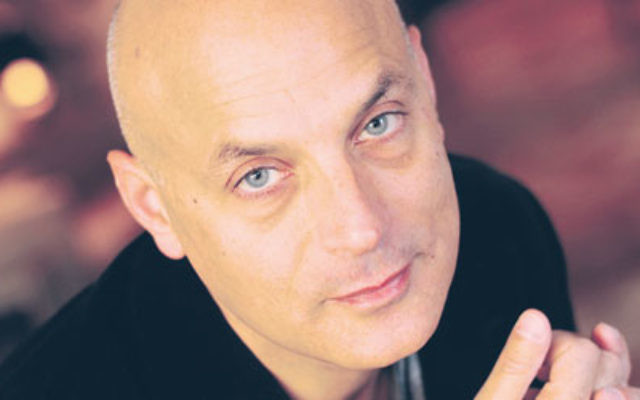From Greeks to Throne
WHEN it comes to writing and critiquing, American Daniel Mendelsohn works both sides of the fence, but expresses no qualms about it.
“Criticism is writing and all my books are critical, so there’s no real division or distinction,” says the New York author and reviewer.
Mendelsohn was in Australia recently for literary events in Melbourne and Sydney, including sessions at the Sydney Writers’ Festival.
The multi-award-winning author of seven books, including his international bestseller The Lost: A Search for Six of the Six Million, has also written essays on books, film, theatre and television, and translations of poetry.
Mendelsohn spent five years writing The Lost, which has been described as part memoir, part reportage, part mystery and part scholarly detective work, for which he tracked down far-flung family members dispersed by the Holocaust.
“When you’re talking about an event this enormous, the size can sometimes ironically be an impediment to understanding. So you tell the story of six people rather than six million, as it might be too abstract and enormous for people to grasp,” he says.
“People responded so strongly to The Lost because it was the story of a single family. And it was the only story I could tell.” Mendelsohn’s reviews appear regularly in publications such as The New York Times Book Review, The New Yorker and The New York Review of Books.
Asked how contemporary English-language literature, particularly in America, is faring in the era after the Norman Mailers and Saul Bellows, Mendelsohn cautions against “false nostalgia”.
And in an age when the internet has torn down the hurdles to being published, he points out that we now have “to redefine what being published even means”.
That said, he is just as keen to devour a well-written blog as he is settling back with a Homeric text.
Does he think his readiness to vault over barriers from the classics to pop culture is quintessentially American? Mendelsohn muses momentarily about “intellectual snobbery in the old world” but does not place too much stock in that theory.
“I don’t think it’s particularly American. I can’t speak for other critics but I was trained as a classicist and then I became a full-time writer after I finished my graduate degree, and I never saw why my background in the classics should get in the way of my being able to appreciate popular culture,” he says.
“I like them both equally. I also like to remind people that when you’re studying the classics you’re studying the pop culture of an ancient civilisation.
“I’m not interested in these high-low distinctions. My critical rule of thumb is that everything is potentially interesting, whether it’s a new translation of The Iliad or Game of Thrones.”
REPORT by Peter Kohn
PHOTO of author Daniel Mendelsohn


comments